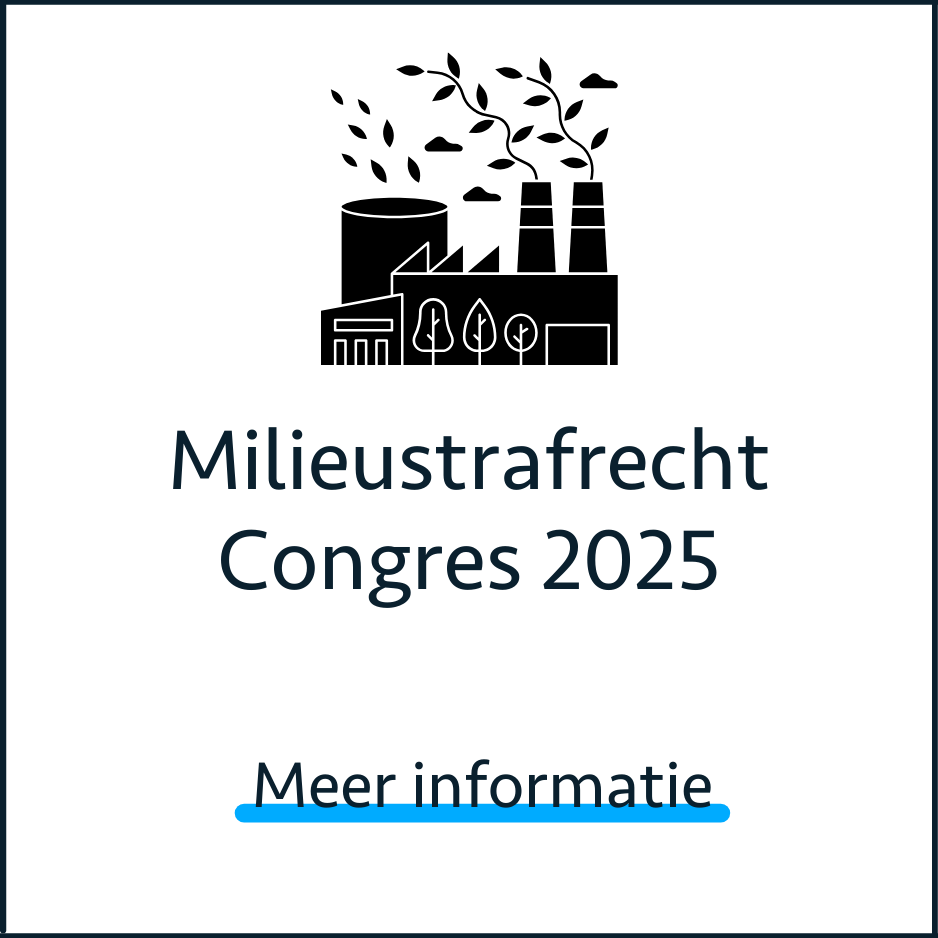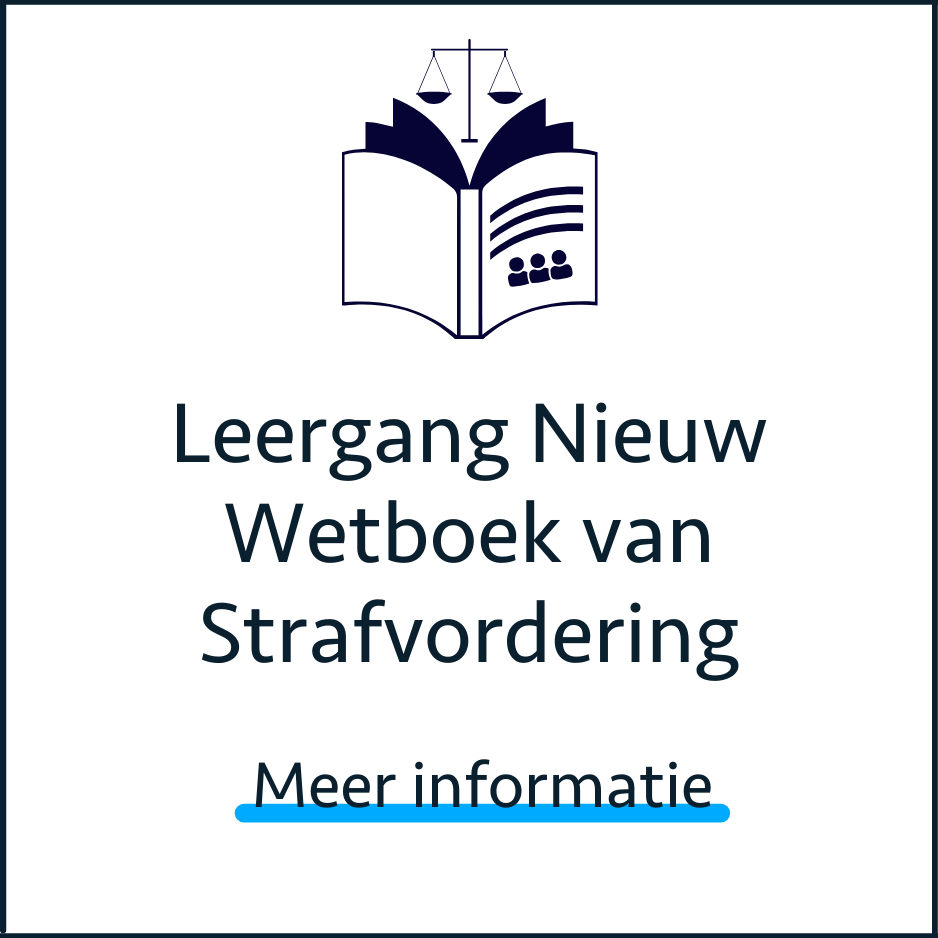Artikel: Refining Relations between the EJN, Eurojust and the EPPO
/The article deals with the relations between the European Judicial Network (EJN), Eurojust, and the European Public Prosecutor’s Office (EPPO) , in particular the question of how to shape their relationship.
Direct communication between Member States’ judicial authorities is the underlying principle of international cooperation in criminal matters in the EU. This needs to be reflected in the legal instruments covering international cooperation. Technical platforms for secure electronic communication between judicial authorities must be designed in such a way as to facilitate direct communication and should not lead to an enhanced role for central authorities.
The EJN and Eurojust are both important facilitators of international cooperation. Their tasks overlap and a lot of typical EJN cases are handled by Eurojust. Therefore, the delimitation between cases to be dealt with by the EJN and Eurojust should be more clearly defined by improving existing guidelines on the distribution of roles. At Eurojust, rules of procedure should reflect these guidelines, and a consultation process should be introduced if the requested National Desks wishes to challenge the choice made by the Desk opening a case.
Though knowledge and expertise concerning specific Member States within the EPPO will certainly be provided by the European Delegated Prosecutors, transnational investigations of the EPPO outside the territory of participating Member States requires international cooperation; therefore, this is still an area requiring support from Eurojust and the EJN. For Eurojust, “close cooperation” is already foreseen in Art. 100 of the EPPO Regulation. Possibilities to contact the EJN should be included in the rules of procedure of the EPPO, and a specific EJN contact point should be appointed at EPPO headquarters.
Lees verder:
Institutional Framework for EU Criminal Justice Cooperation Refining Relations between the EJN, Eurojust and the EPPO door Jorge A. Espina Ramos, Joachim Ettenhofer, François Falletti, Prof. Dr. Anne Weyembergh AS eurcrim











